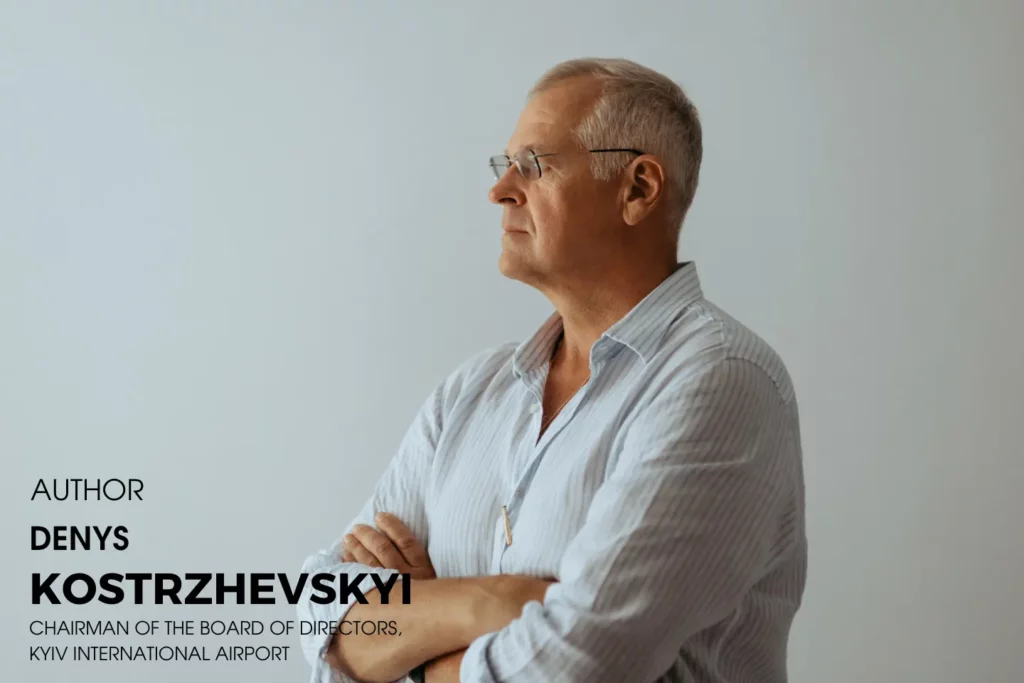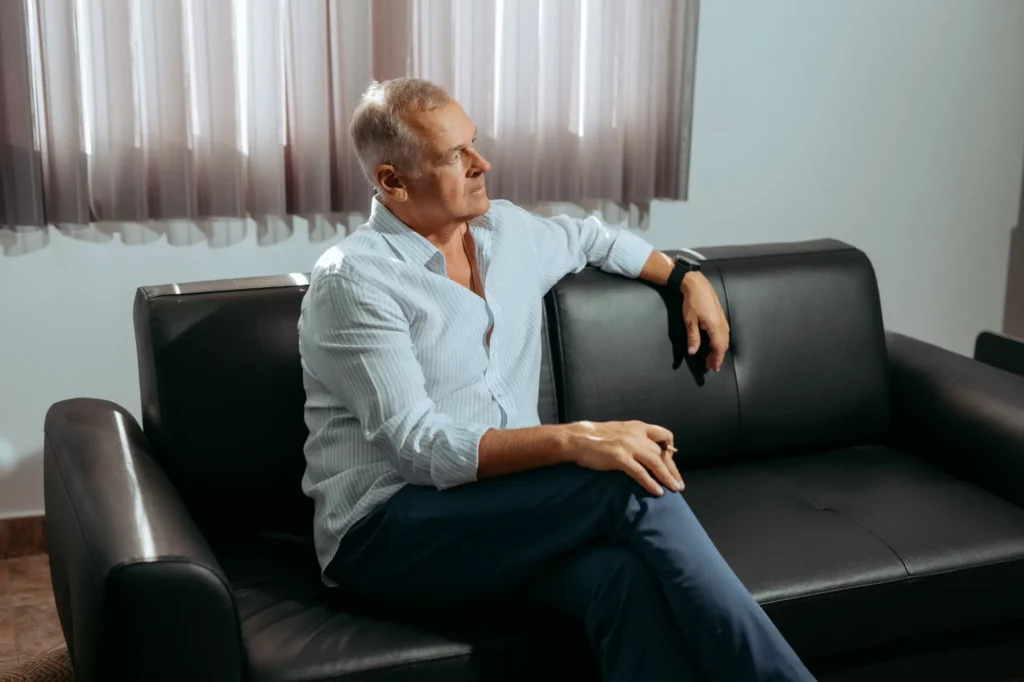De-statization Without Privatisation: Why Ukraine Needs Professional Managers for State Assets
Denys Kostrzhevskyi, Chairman of the Board of Directors at Kyiv International Airport, expert in public–private partnerships
When we think of state-owned enterprises, the image is rarely flattering: an ageing factory with obsolete machinery, a port still operating on Soviet-era principles, or an airport where bureaucrats outnumber passengers. The tragedy is that these assets belong to the state — yet bring neither meaningful benefit to Ukraine’s budget nor to its citizens.
The problem is not ownership. It is management. If those in charge see their role merely as a way to secure personal comfort and deliver glossy reports to a ministry, the outcome is predictable. But if state assets are entrusted to people driven by profit, growth, and competitiveness, the results look entirely different.
The Concession Law – Still Theory, Not Practice
Ukraine has had a concession law on the books since the late 1990s. For nearly 30 years it has been repeatedly amended and rewritten, yet it remains more a theoretical manual than a living instrument. The reason is simple: the very officials who should have been championing concession models have had no interest in seeing them succeed.
Today, at a critical moment for the Ukrainian economy, I am convinced that concessions are the only viable way to preserve and revive much of our state property. Concession does not mean privatisation. Ownership stays with the state. Management is entrusted to professionals from the private sector who invest, develop, and modernise — while the state secures guaranteed payments and ultimately regains the asset in better shape than before.

How the World Does It – De-statization Without Privatisation
Europe offers clear examples. In France, most motorways operate under concession agreements: the roads remain state-owned, but are managed by private companies. The result? High-quality surfaces, modern tolling systems, safe traffic. The state collects concession fees, companies earn profits, and drivers receive proper service.
Ports tell a similar story. Even in Latin America — once dominated by state monopolies — concessions transformed the sector. Competition among private operators forced investment in equipment, terminals, and logistics. Ownership never left the state, yet efficiency and growth flourished.
Ukraine’s First Steps
For years, Ukraine stood still. Only recently did we see the first port concessions, in Olvia and Kherson. I remember vividly how hard it was to persuade sceptics that foreign investors would put hundreds of millions into a port they did not own. Time proved them wrong.
Today, a Qatari company is investing in Olvia, while a Georgian–Swiss consortium is developing Kherson’s ports. The benefits are already visible: budget revenues, jobs, and stronger regional economies — all while ownership remains with the state.
Why Management Matters
The state should not be running every factory or port. Its role is to set the rules of the game, monitor quality, collect taxes and concession payments. The actual management must be left to professionals. When the state manages directly, too often the result is simple: an asset becomes a feeding trough for officials rather than a source of revenue.
Concession changes this equation. The private partner assumes the risk. The state receives guaranteed income. Society enjoys better service. It is a transparent exchange that has proven itself worldwide for decades.
What Happens If We Do Nothing
The last 30 years of “traditional” state management speak for themselves. Most enterprises have operated at a loss or barely broken even. Instead of generating income, they drain the budget — in other words, the taxpayer.
At the same time, assets lose value. Buildings decay, machinery rusts, infrastructure crumbles. When the state eventually decides to “revive” an asset, the cost is many times higher than if it had been managed properly all along.
And then there is corruption. Where business logic is absent, “schemes” inevitably flourish. State assets often serve as enrichment tools for a narrow circle of officials or intermediaries. Instead of fuelling development, they sustain vested interests that undermine state institutions in order to protect their trough.
This is not just an economic failure — it is a question of trust. If the state cannot manage its own assets, why should investors believe their capital will be safe here? Why should citizens believe their taxes are funding development rather than disappearing into a black hole?
A Matter of Trust
That is why concessions and similar models are so vital. They show that the state does not relinquish ownership but recognises that professional managers deliver results that officials cannot. Results measured not in paperwork and reports, but in profits, jobs, and modernised infrastructure.
At a time when Ukraine faces the monumental task of recovery, this is more than an economic issue. It is about restoring trust — trust in the state, trust in Ukraine itself. If the government cannot manage its own household, how can it persuade investors to commit their money here?

Looking Ahead
I see concession not as a fashionable tool, but as a survival strategy for Ukraine. Rebuilding after the war will take decades. If we rely solely on the state budget, we will lack both the time and the resources. Concessions make it possible to bring in private capital today, without surrendering strategic assets permanently.
My conviction is simple: state property can remain state-owned, but it must be managed by those who know how to count money and are accountable for results. Otherwise, we are doomed to repeat the same mistakes.
Denys Kostrzhevskyi is a Ukrainian entrepreneur and public figure, co-author of the Law of Ukraine “On Concession”. He has extensive experience in aviation, construction, and investment projects, and as an expert in public–private partnerships advocates for the professional management of state property.
